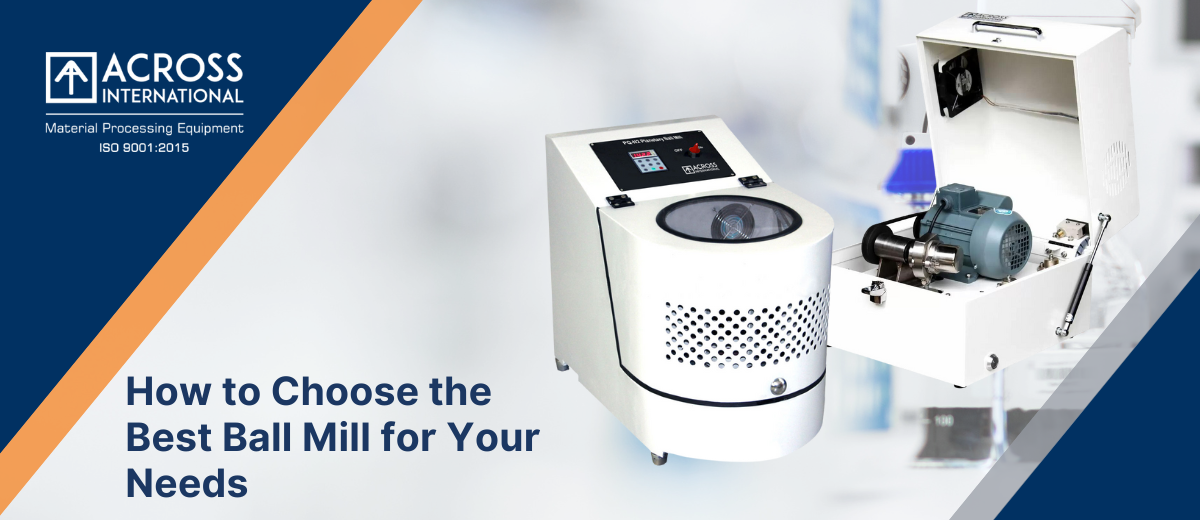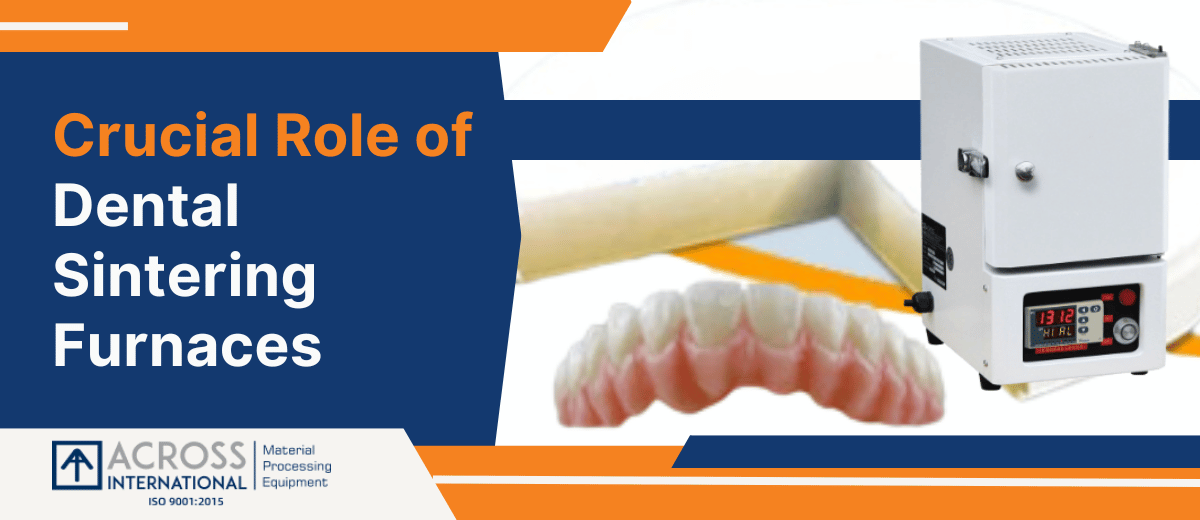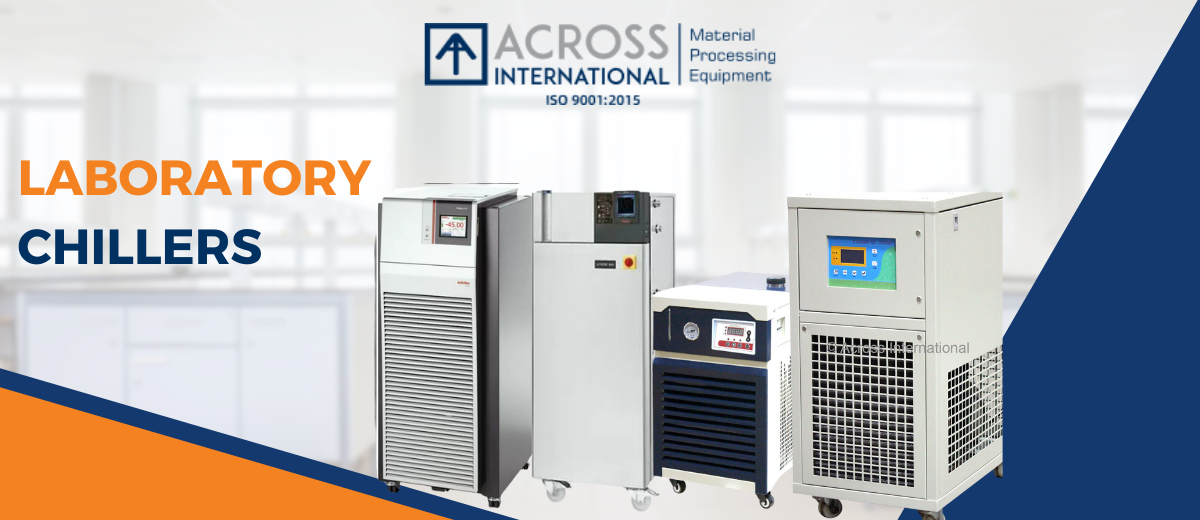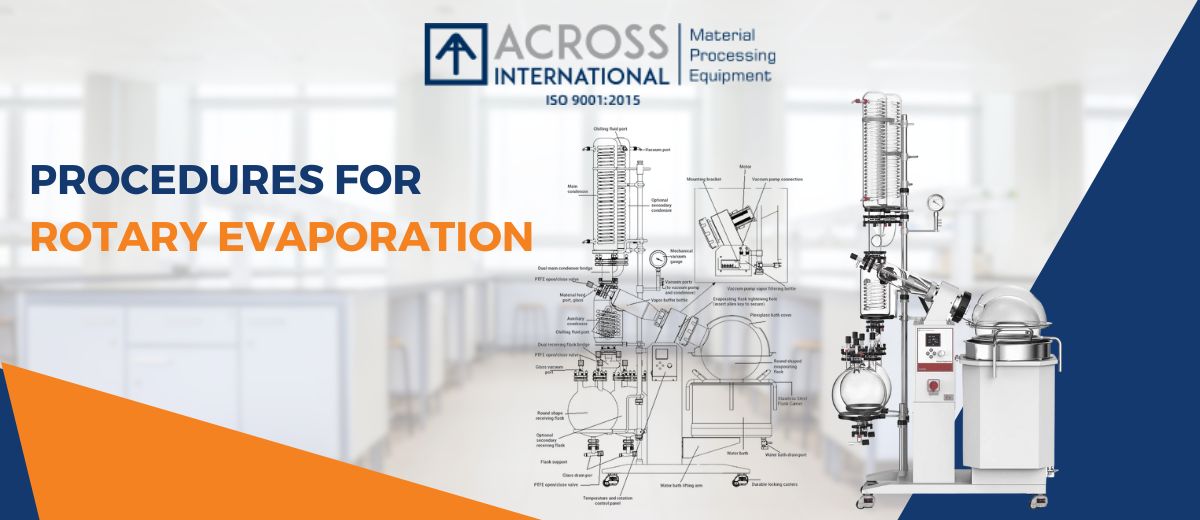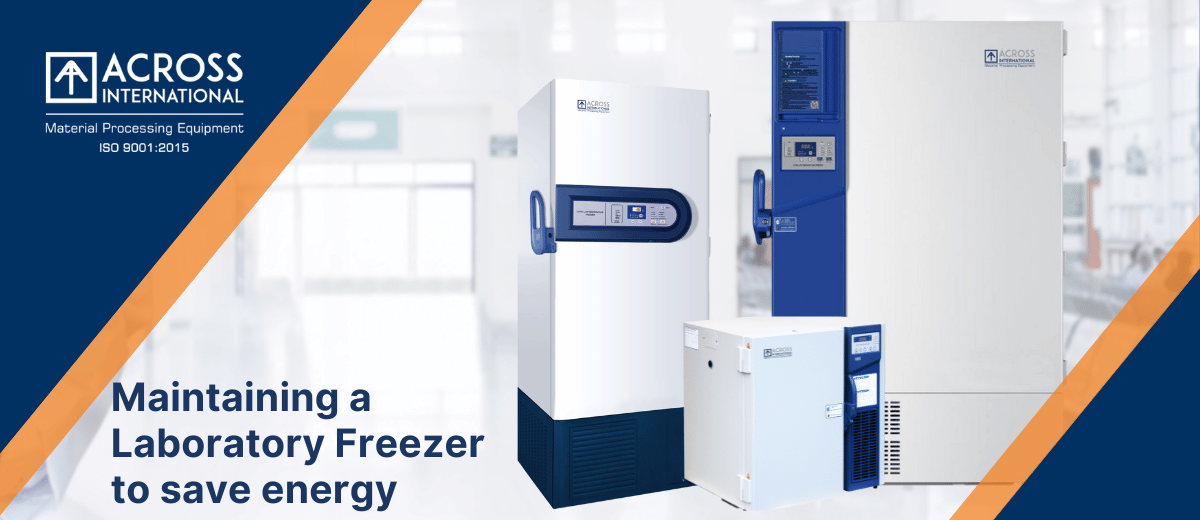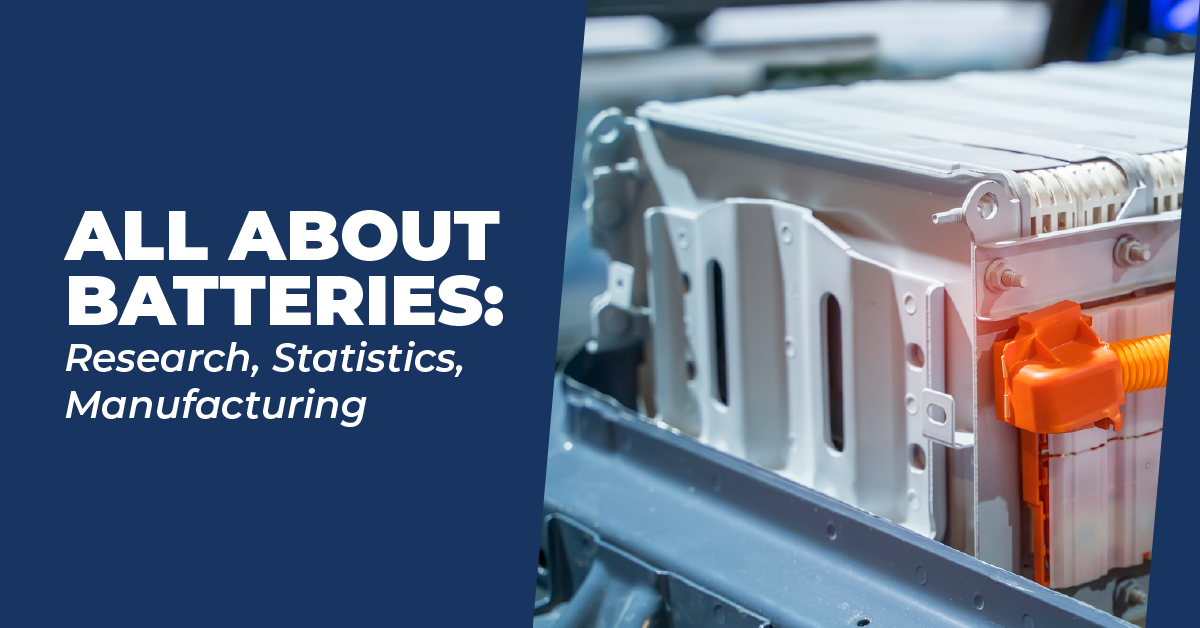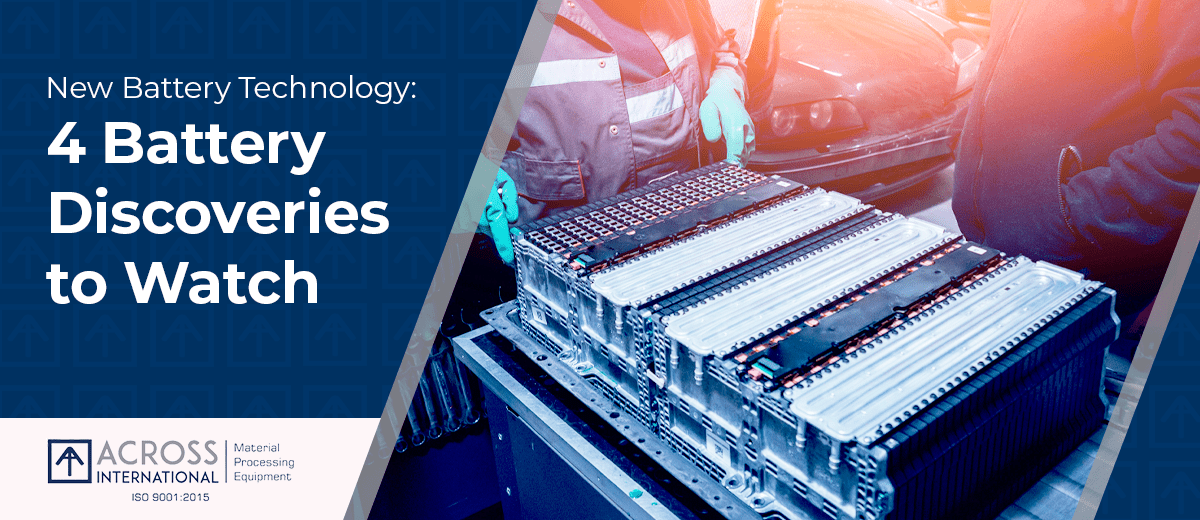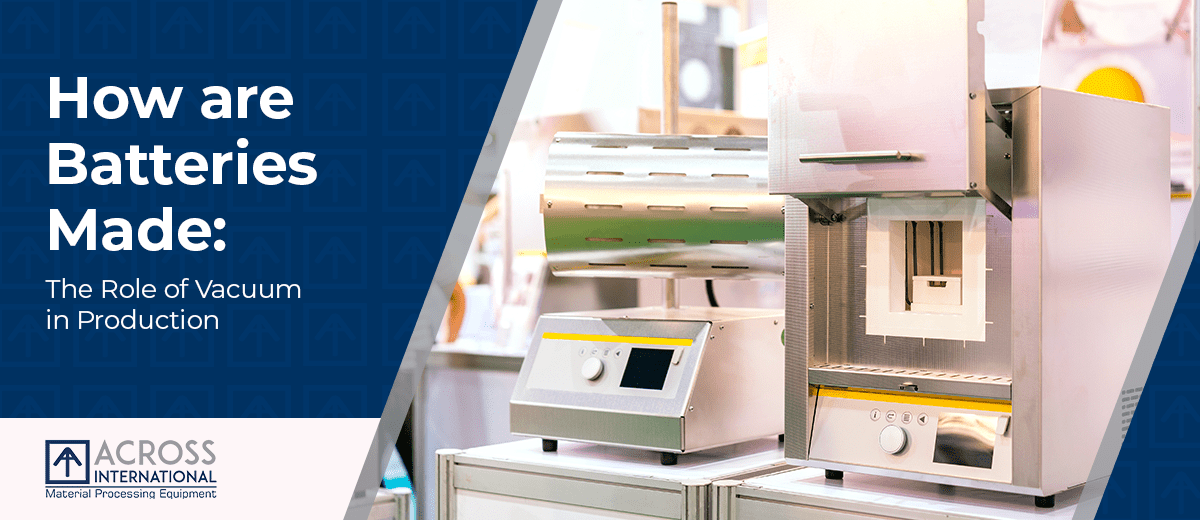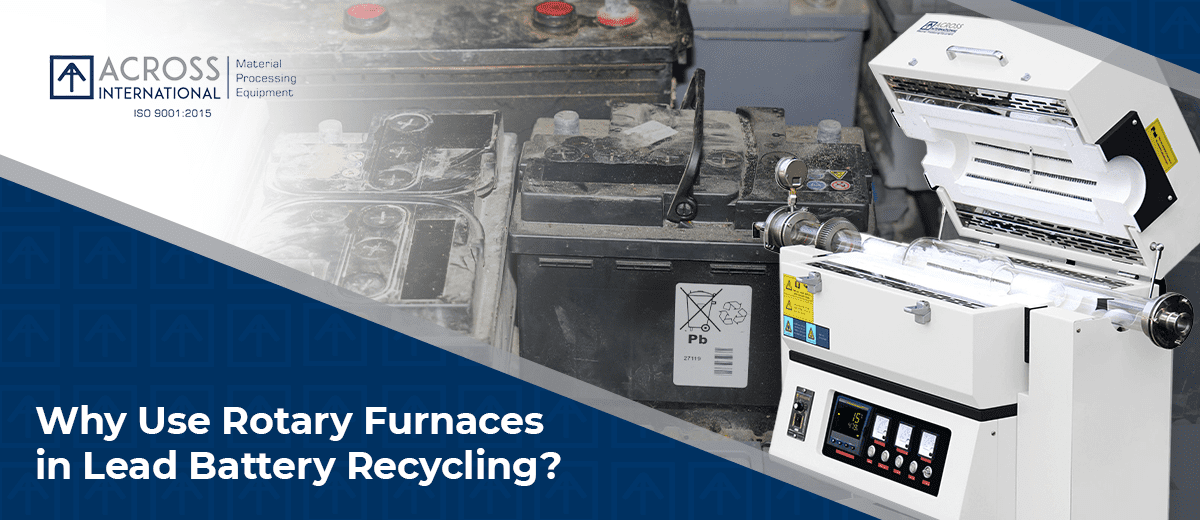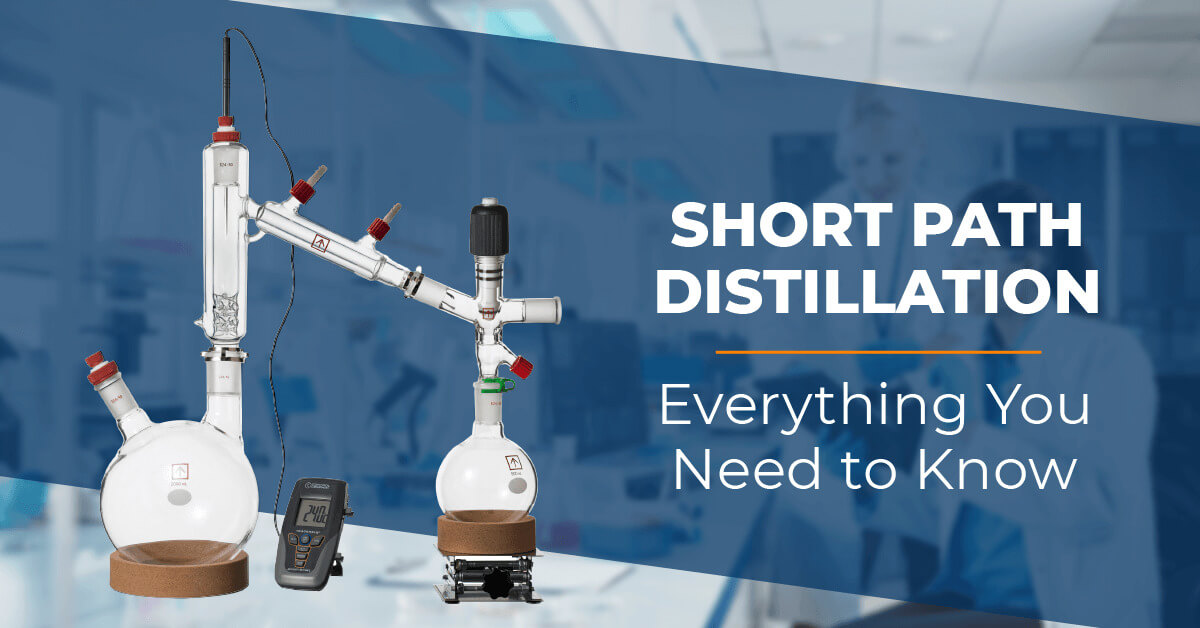We use cookies to make your experience better. To comply with the new e-Privacy directive, we need to ask for your consent to set the cookies. Learn more.
Vaccine Storage Equipment Deep Freezers
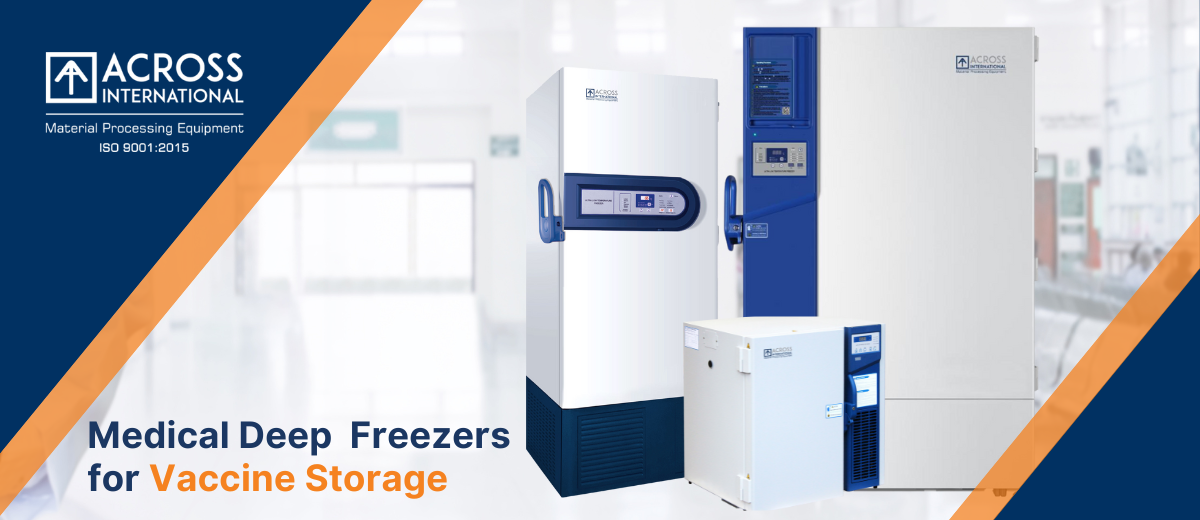
When it comes to vaccines, their storage requirements are similar to that of dairy and meat variants, such as ice creams and steaks in marts. They need a particular temperature range for storage. The ultra low temperature retains its chemical structure.
The drug industry seems to have lots of information when it comes to knowing the ideal temperature range to store vaccines for chickenpox as well as shingles.
Medical deep freezers, or vaccine freezers, are designed to meet the recommended CDC temperature requirements for safe storage of vaccines & medications. A medical-grade freezer is a purpose-built freezer designed to protect frozen vaccines from fluctuating temperatures. Featured below are medical-grade freezers that meet the demanding temperature requirements to safely store frozen vaccines and other biological samples used within clinical applications. Available are a variety of pharmaceutical freezers ranging in sizes from 1 cu. ft. to 34 cu. ft. of internal capacities and come in either undercounter, stacked/combo or chest and upright units.
Ensuring vaccines remain within recommended temperatures is critical for safe and effective immunizations. Choosing the right vaccine refrigerator and freezer for these life-saving products can help avoid temperature excursions.
Continuous monitoring systems and data loggers identify temperature excursions. However, identifying vaccines stored outside of recommended ranges in refrigerators and freezers with poor temperature uniformity can be challenging if only one location within the cabinet is being measured.
The potential risks associated with an old ultra-low-temperature freezer include the following:
Equipment failure:
Over time, ultra low freezers may experience mechanical or electrical failures that can cause the freezer to stop working correctly. It can lead to the loss of valuable samples or materials and may also pose a risk of injury if the failure occurs unexpectedly.
Temperature fluctuations:
If an ultra-low temperature freezer is not maintained correctly, it may experience fluctuations in temperature that can compromise the stability of the stored materials. It can be particularly problematic if the materials are sensitive to temperature changes, such as certain medications or vaccines.
Contamination:
When not properly maintained, an ultra-low freezer may become contaminated with bacteria or other microorganisms that can compromise the purity of the stored materials. It can be particularly problematic if the materials are used for research or medical purposes.
Fire hazard:
Ultra-low temperature freezers can pose a fire hazard if they are not properly maintained. These freezers must be adequately ventilated to ensure that they do not overheat. If the ventilation is blocked or inadequate, it can increase the fire risk. Never overload the freezer; it increases the fire risk if it becomes too warm.
Ultralow temperature freezers rely on electrical power to operate. If the freezer has damaged or frayed electrical cords or is not grounded correctly, it can increase the risk of an electrical fire.
To minimize the risks associated with an old ultra-low temperature freezer, it is vital to maintain and service the equipment regularly and replace it if it becomes too old or unreliable.
Whether you are looking for a cold storage unit for your small pharmacy or medical office or a large hospital or clinical research facility, you will be sure to find exactly what you need. Request A quote for getting new deep freezers for your facility.


